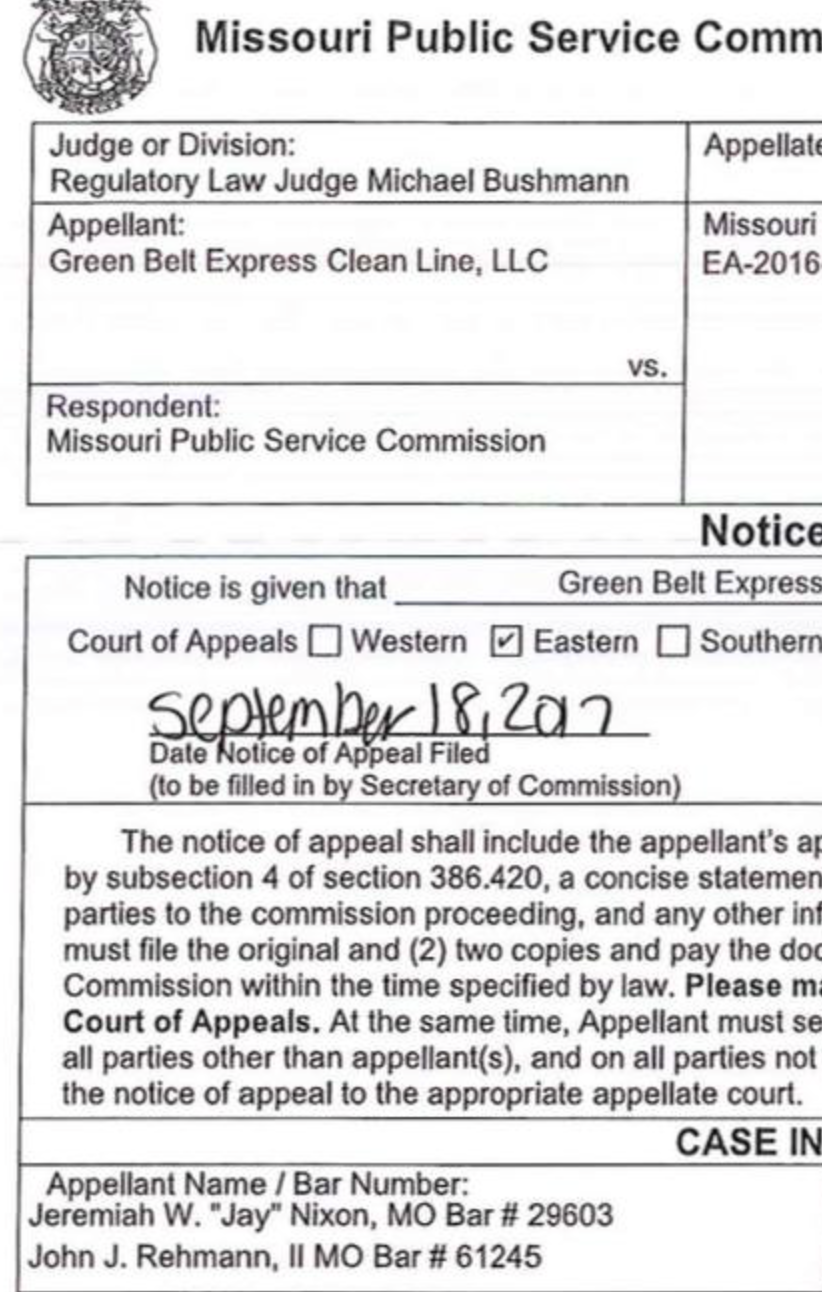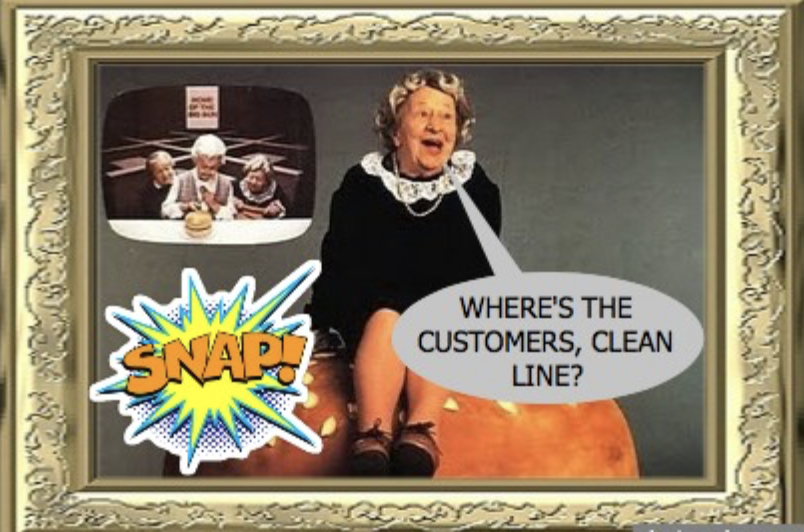Maybe Clean Line thought it would be easy to appeal through the court system, or through legislative change. But this is only being met with increased resistance from Missourians and the making of new enemies. Missourians are not looking favorably on Clean Line's new plans to usurp local authority and manipulate Missouri's legal system for its own benefit. While the fires of opposition burn out of control, getting larger and more widespread, Clean Line tries to control the fire with ridiculous propaganda from out-of-state interests.
Like this opinion piece from some yahoo named Brydon Ross of the Consumer Energy Alliance. The Consumer Energy Alliance is a well-known front for the energy industry. The CEA pretends to represent consumer interests, but the reality is that they're just a hired mouthpiece for company talking points. Just last year, CEA was described like this:
The Consumer Energy Alliance, which you may know from greatest hits like “submitting a petition full of fake names” and “writing letters to federal agencies signed by people who have been dead for 18 years” is at it again.
And then there's this opinion piece from Tom Kiernan, CEO of the American Wind Energy Association. Kiernan also glosses over the real issue to "return the power to approve transmission lines" to the PSC. Nobody removed power from the PSC. The county governments in Missouri have had the authority to grant assent to transmission projects for 100 years. That's the way it works! It's the law! Nothing changed. The only change here is proposed by Clean Line, who wants to take that authority away from counties, instead of aligning its plans with local government priorities to create a project that the counties can approve. Kiernan also wants Missourians to "fix" something that's not broken for the benefit of its member company, Clean Line Energy Partners.
Neither of these polished PR pieces put Missouri first.
But in between Clean Line setting this propaganda in motion and finally getting it published, another inferno flared up in Illinois, when the Supreme Court determined that Clean Line's Rock Island project is not a public utility. If RICL isn't a public utility in the state, neither is GBE. So here's Clean Line dumping buckets of money into a PR campaign in Missouri, when another state negates any progress that can be made on GBE. Looks like GBE's efforts in Missouri are wasted.
And the snazzy propaganda campaign isn't all. GBE also hired former governor Jay Nixon to lead their appeal of the MO PSC's denial. I'm pretty sure that cost a bunch, considering Nixon appears to have gotten Grain Belt confused with Green Backs on his appeal.
And remember, when in office, Governor Nixon "negotiated" with Clean Line to secure "important landowner protections" for Missourians. Since Nixon is now raking in the bucks representing GBE's interests on appeal, I do wonder how hard he really "negotiated" for the best interests of Missourians. I'm thinking that maybe that whole "landowner protections" package was pure propaganda for benefit of his future employer, Clean Line Energy Partners.
And what would Clean Line "win" on appeal in Missouri if its project is denied in Illinois? Clean Line is regressing, not progressing.
I guess Clean Line has money to burn. After all, it's not their money. It belongs to their deep pocketed investors. Don't you wish these investors would do something constructive and beneficial with the hundreds of millions of dollars they've dropped down the Clean Line sewer? Like humanitarian aid. Or energy efficiency. Or local clean energy. Or anything other than arrogant greed.



 RSS Feed
RSS Feed